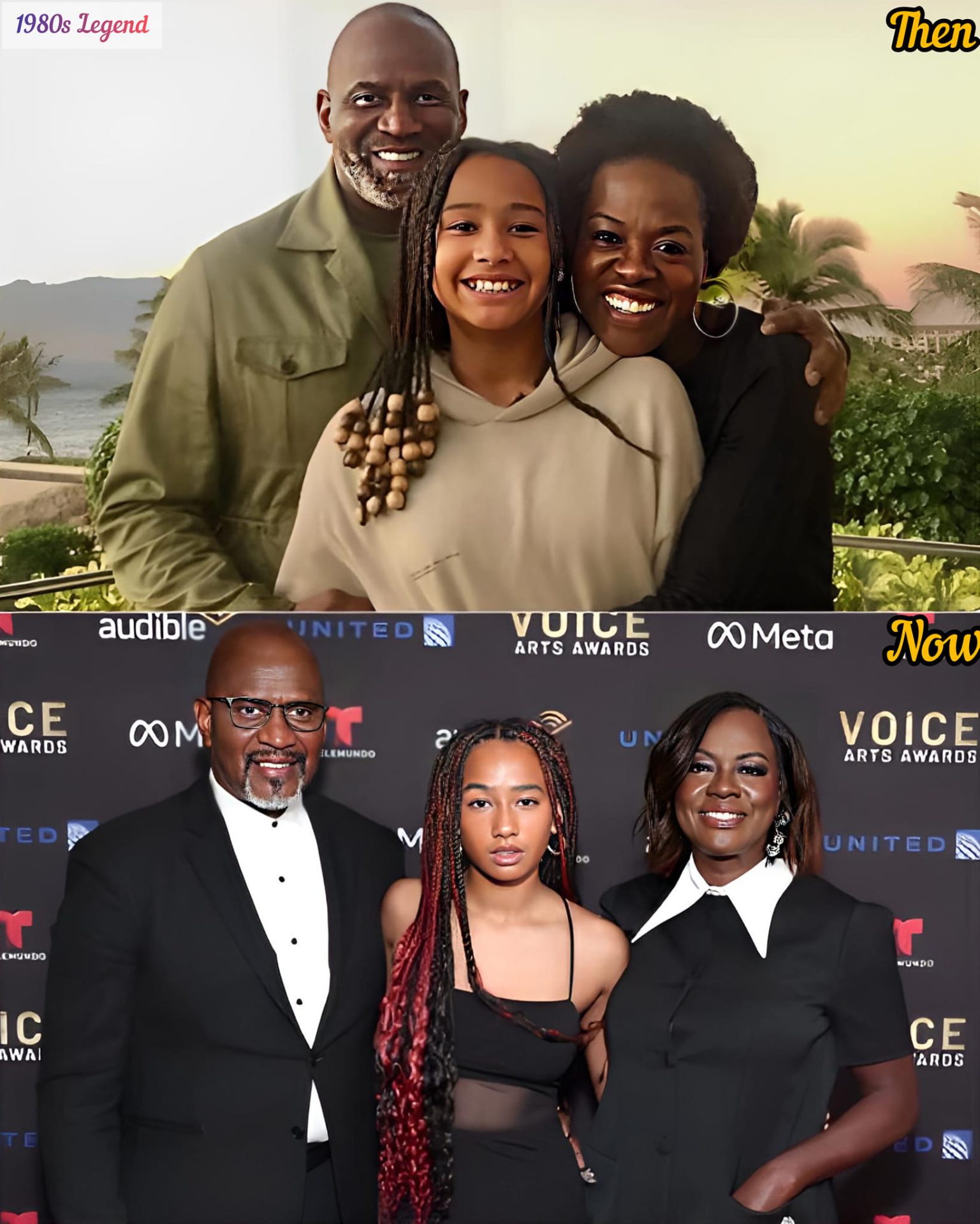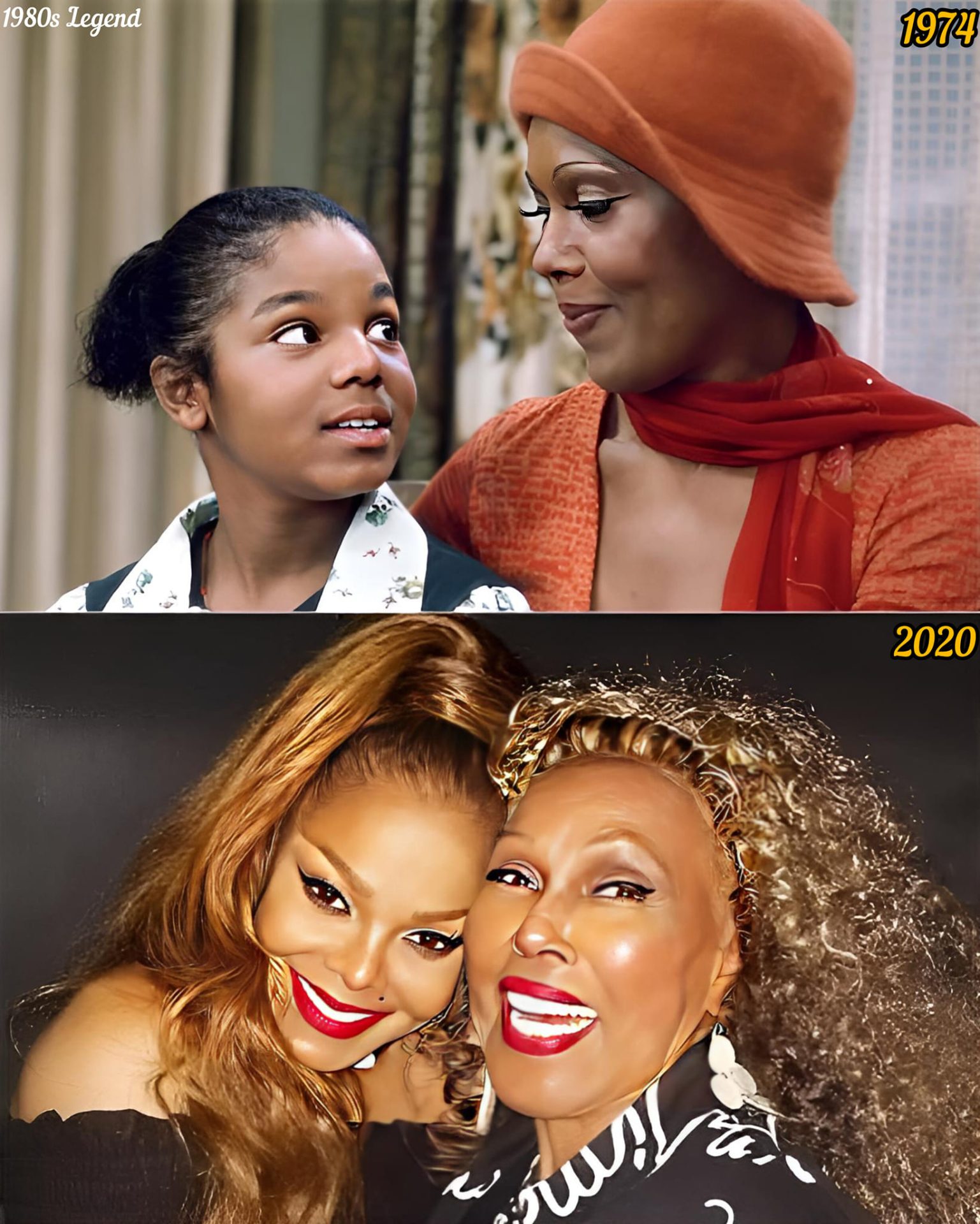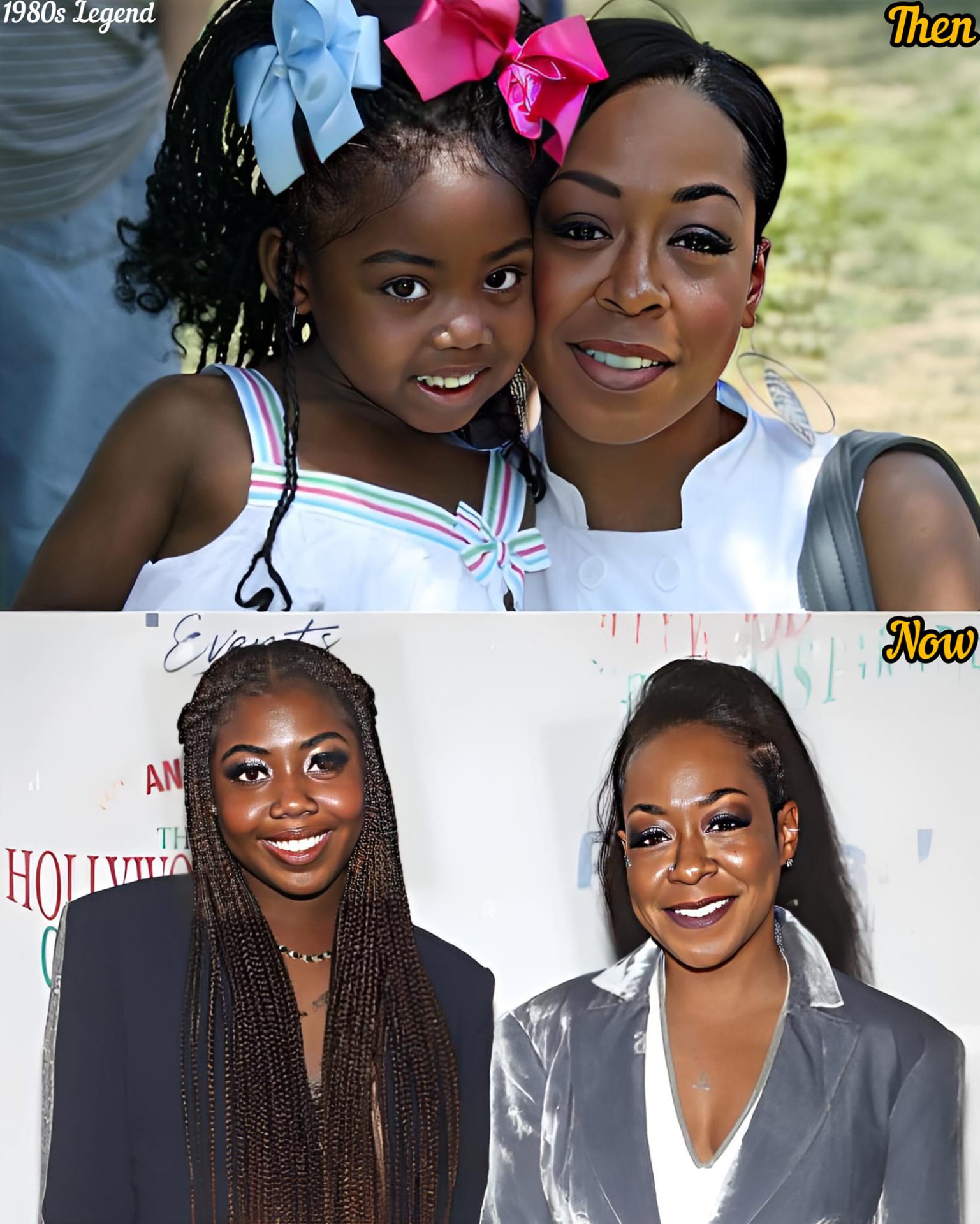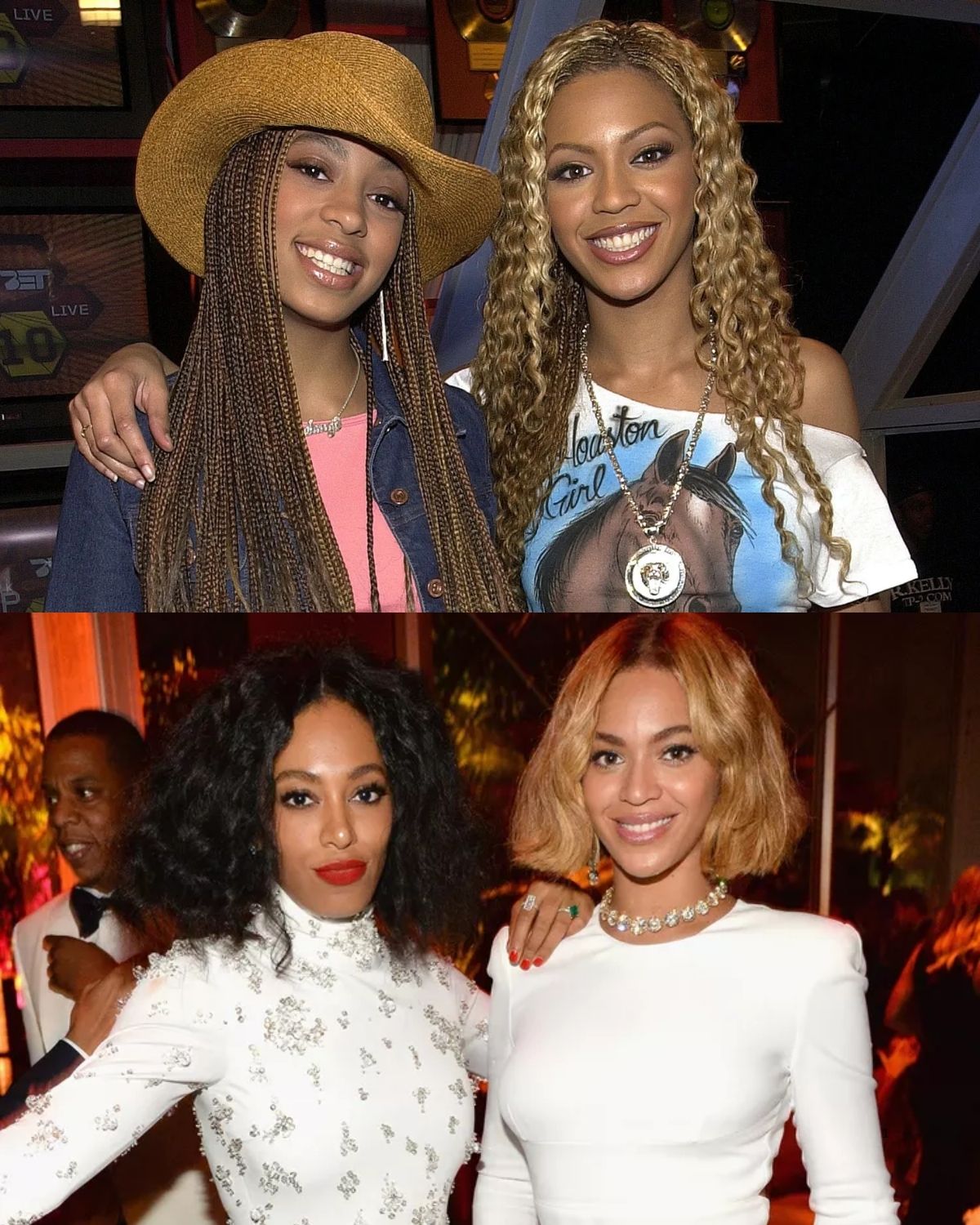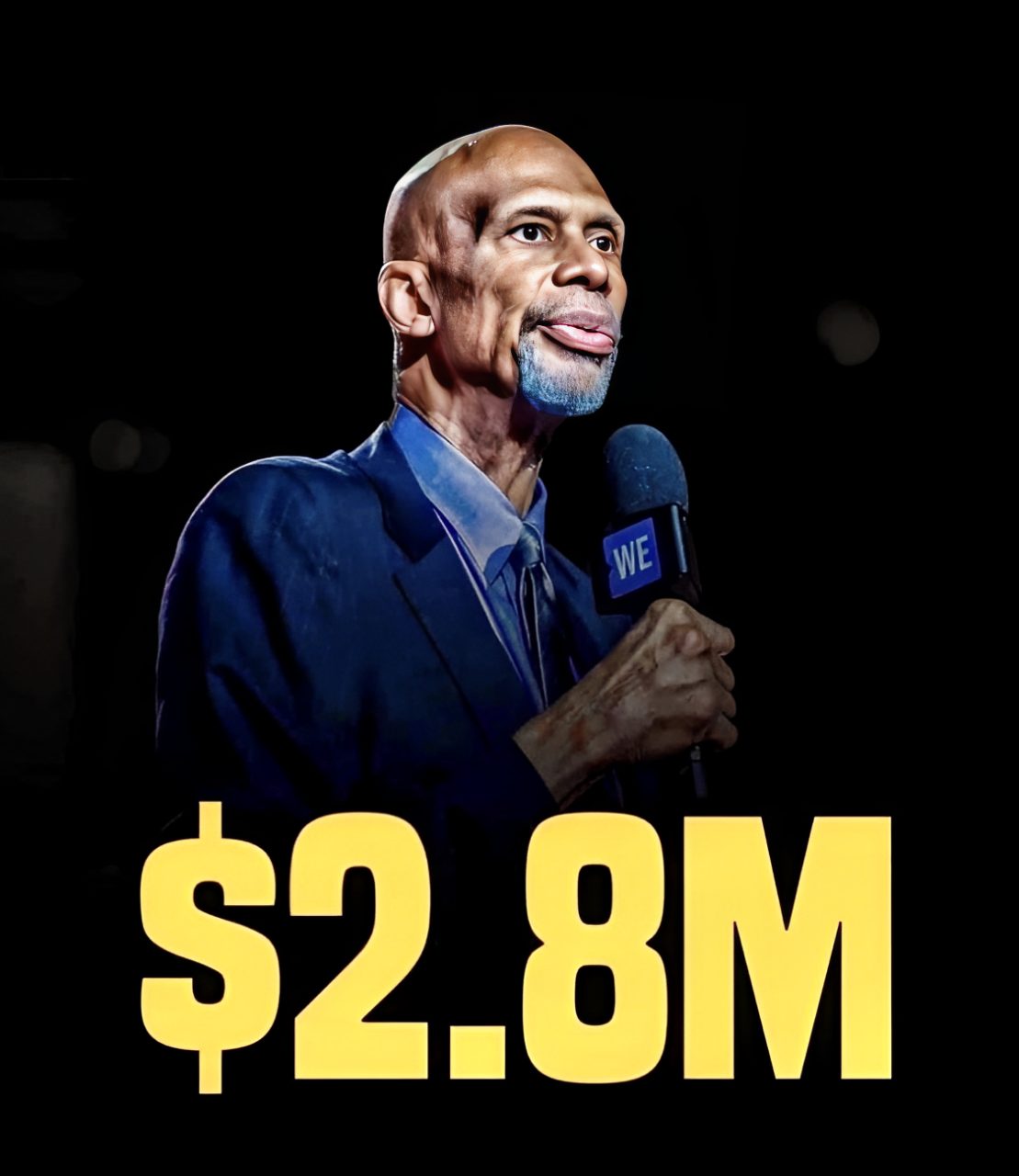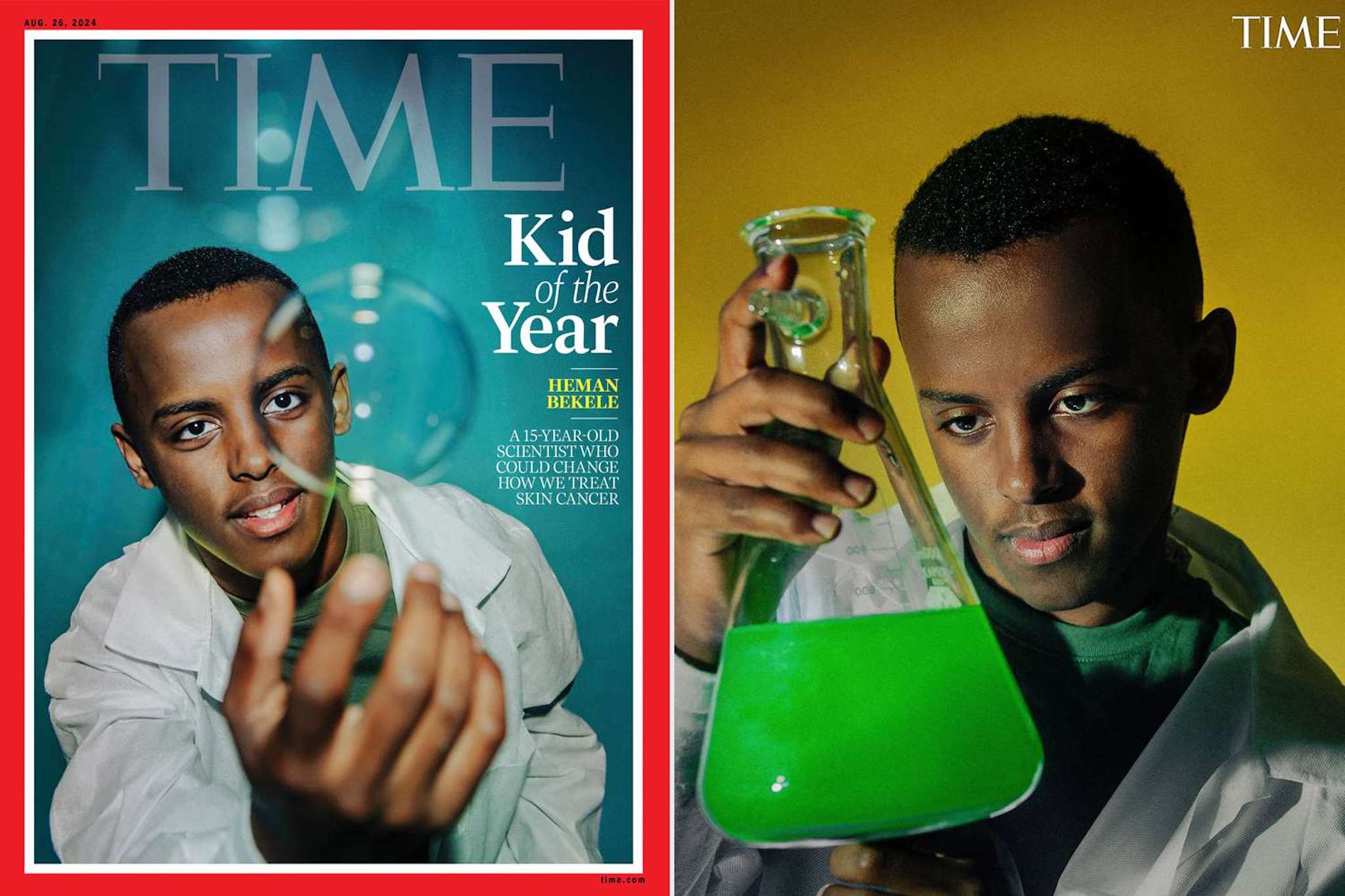A controversial performance at the Paris Olympics opening ceremony featured a Last Supper scene with transgender people and men in costume. Are we entering a post-Judeo-Christian era or returning to a pre-biblical pagan world? Dennis explores what this means for our culture and answers your questions about learning different languages, praying for America and choosing a career.
The Paris Olympics opening ceremony has been controversial, particularly due to a performance featuring a painting reminiscent of Leonardo da Vinci’s “Last Supper” that featured transgender people and men in costume. This has led to discussions about the cultural significance of such images and whether they represent a shift away from traditional Judeo-Christian values to a more inclusive but potentially divisive cultural context.
Key points of controversyDetails of the performance: The ceremony featured a scene reminiscent of “The Last Supper,” which drew mixed reactions from the public and critics. The inclusion of drag queens and transgender performers was seen by some as a bold statement of inclusivity, while others saw it as disrespectful to Christian traditions.
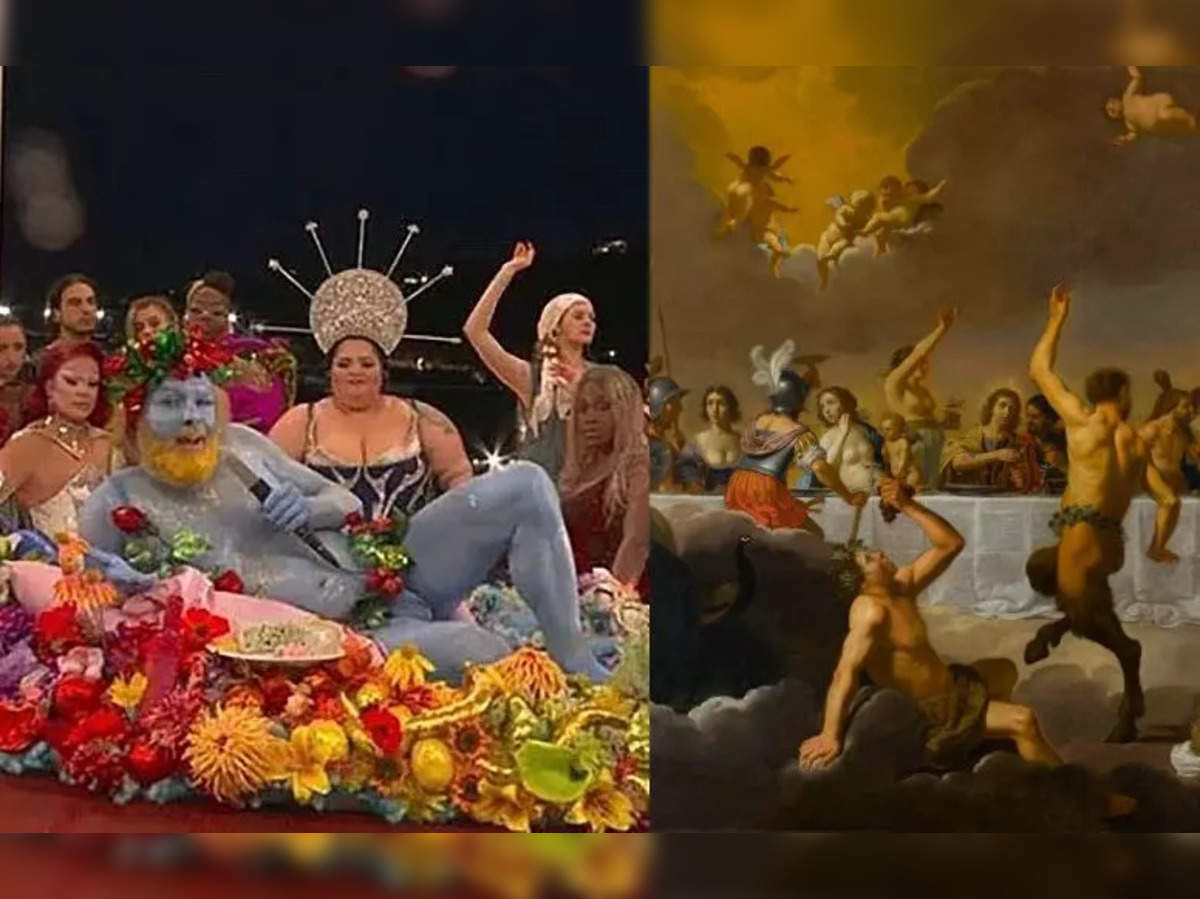
Cultural significance: The performance raised questions about the current state of cultural values. Some commentators, such as Dennis Prager, have suggested that such representations indicate a move toward a post-Judeo-Christian era, where traditional values are being challenged or replaced by new cultural norms. Others have suggested that this could signal a retreat to the pre-biblical pagan world, where diverse expressions of identity are more openly celebrated.
Public Reaction: The backlash included criticism from many political and religious figures who felt the performance was an insult to the Christian faith. For example, far-right politician Marion Maréchal expressed outrage on social media, viewing the performance as a provocation of a minority group.
)
Wider Context: The event is part of a larger trend in society where discussions about gender identity, representation, and inclusivity are becoming more prominent. The juxtaposition of traditional religious imagery with modern expressions of identity raises important questions about the future of cultural discourse and the potential for conflict between different worldviews.
The Paris Olympics opening ceremony has become a focal point for discussions about cultural identity, religious values, and the evolving landscape of social norms. As these conversations continue, they highlight the complexity of navigating a world where diverse perspectives coexist, often in tension with one another.
